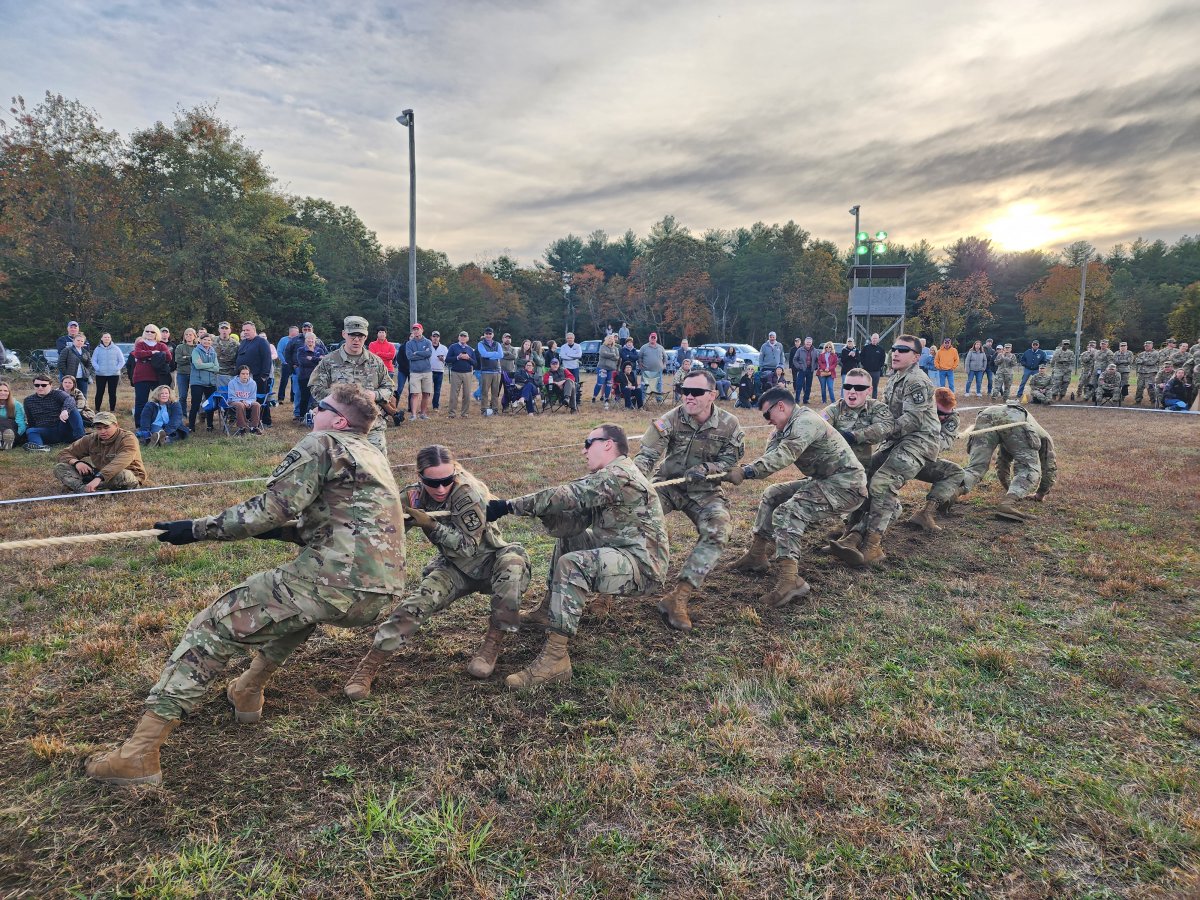Army ROTC cadets are scholars, athletes and leaders. Typically, those who volunteer to serve their nation through Army ROTC are well-rounded students with good grades and strong potential to serve in leadership positions. More than half of them have held office in their cohort class or in the student body. Most show strong potential to serve in leadership positions. More than half of them have held office in their cohort class or in the student body. Most are National Honor Society members. Many are members of school, church, or private clubs and other organizations, and others are varsity letter winners and varsity team captains.

The U.S. Army is looking for achievers with broad interests, leadership ability, and a demonstrated willingness to take on and overcome challenges.
Successful candidates pursue academic excellence. Most fall in the top 25% of their class. These top achievers score on an average, between 1050 and 1350 on their SAT and between 22 and 30 on their ACT.
An Army ROTC battalion is the group of all cadets enrolled in the program at a particular school. These students include scholarship cadets, non-scholarship cadets, Simultaneous Membership Program (SMP) cadets, Green to Gold cadets and curious students.
The pursuit of excellence continues with cadets on campus. Army ROTC cadets are encouraged to participate in a variety of campus activities, including competitive sports and student organizations. The practice of leadership within ROTC is important, but it is not the only means for leadership development on campus. Many cadets develop leadership skills by being active in university-sponsored activities: student government, club officers, internships, study abroad, club and intramural sports, and volunteer work. Students that are required to hold jobs to pay for school or take care of other family members are recognized for taking on additional responsibilities, for these actions too, demonstrate leadership.

In addition to the required five-week Advanced Camp after their Junior year, cadets may choose to participate in a wide variety of Army-sponsored leadership development programs during the summer, including skills training programs like Airborne School and internships with Army agencies, in disciplines from ecology to medicine.
In their final year, cadets compete for their choice of branch assignment based primarily on their order of merit – a score which encompasses their academic standing, battalion ranking, and performance at Advanced Camp. There are eighteen Army branches to select from including Air Defense, Artillery, Armor, Aviation, Chemical Corps, Corps of Engineers, Field Artillery, Infantry, Military Police Corps, Military Intelligence Corps, Signal Corps, Adjutant General’s Corps, Finance, Ordnance Corps, Quartermaster Corps, Transportation, Medical Service Corps, and Nurse Corps.
Students should meet with the Professor of Military Science (PMS) and the cadets at each campus visited and ask the cadets about their Army ROTC experience and ask the cadre about their experience as junior officers. Prospective candidates will find that they’re in good company with this group and that Army ROTC is a premier leadership development programs in the world.
